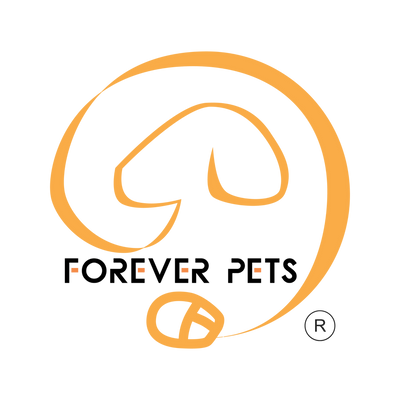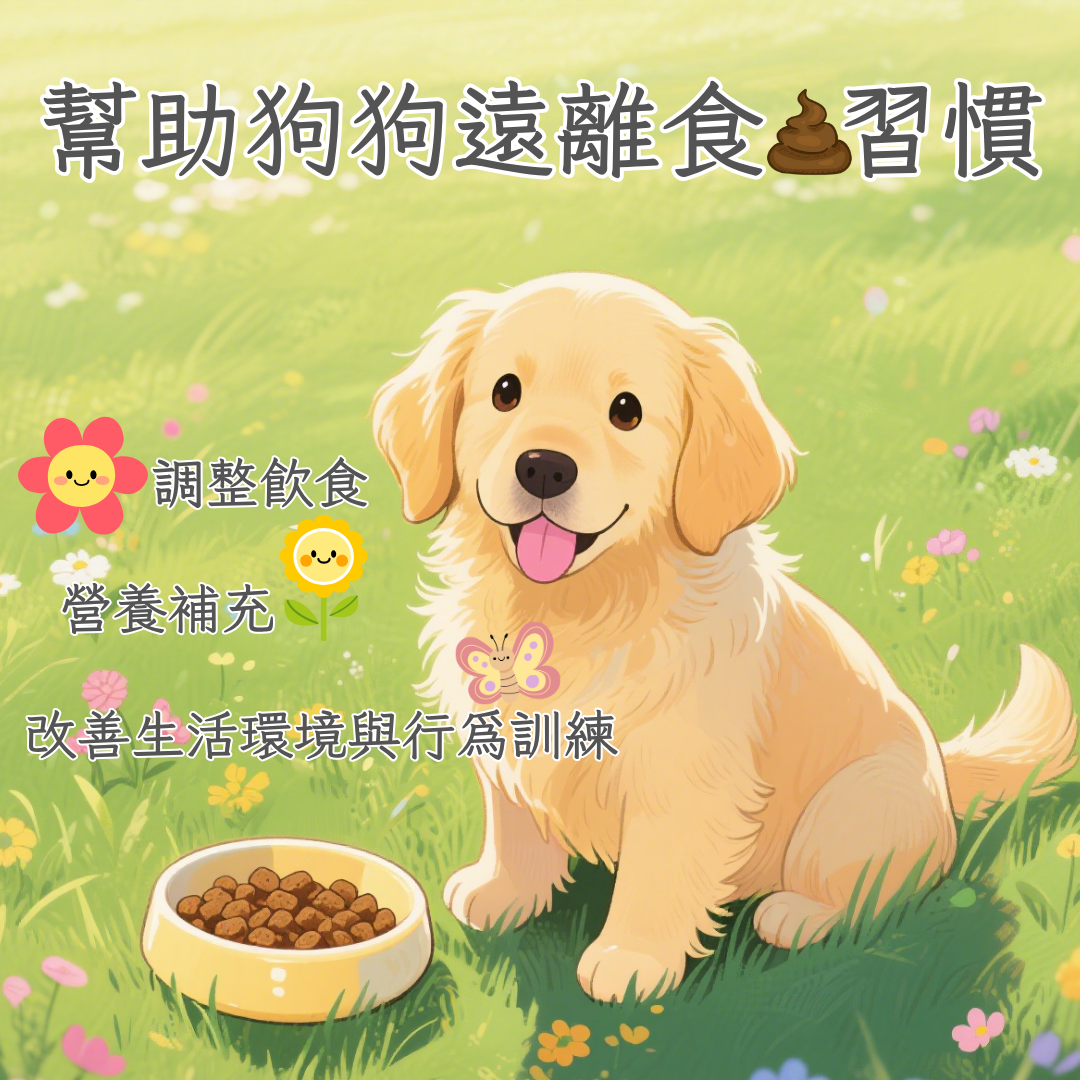Why Dogs Eat Poop: Nutritional Deficiency or Behavioral Issues? Learn How to Effectively Intervene
Have you noticed your dog has a strange habit of eating poop? This behavior, known in pet behavior as "canine coprophagia," is a common behavioral issue for many dog owners. What exactly causes dogs to eat poop? Is it due to nutritional deficiencies? And how can you help your dog break this bad habit? This article will delve into the multiple causes of poop-eating in dogs and provide practical intervention recommendations.
Why Dogs Eat Poop
-
Is it a nutritional deficiency for dogs to eat feces?
Many owners ask, "Do dogs lack nutrients when they eat poop?" In fact, dogs sometimes eat poop because of indigestion or incomplete nutrient absorption. When a dog's diet isn't meeting its needs, they may try to "supply" themselves by using their own poop to replenish lost nutrients. This is particularly common in dogs with an unbalanced diet or weak gastrointestinal function. -
Psychological and behavioral factors <br>Anxiety, boredom, or excessive stress can also lead to coprophagia in dogs. When dogs feel lonely or lack stimulation, they may eat poop to distract themselves or soothe their emotions. Additionally, puppies may exhibit temporary fecal eating behaviors by mimicking their mother's poop-cleaning behavior.
-
Environmental and training factors <br>If owners use excessive punishment when potty training their dogs, the dogs may eat poop out of fear to avoid punishment. Additionally, an unclean environment and poop not cleaned up promptly can increase the chances of the dog coming into contact with and eating poop.
What to do if your dog eats poop? Effective intervention methods
-
Adjust your dog's diet and nutritional supplements . Ensure your dog is eating a balanced diet. Choose high-quality, easily digestible dog food to help improve gastrointestinal absorption. We recommend using a probiotic supplement, such as H&JIN Lactobacillus (Blue) , made in Japan. This H&JIN probiotic contains 150 billion active strains, promoting intestinal health, boosting immunity, and helping to improve coprophagia in dogs. Mixing H&JIN Lactobacillus into food or water is convenient and safe, especially suitable for dogs with sensitive stomachs or allergies.
-
Improve the living environment and conduct behavioral training . Keep the defecation area clean to prevent your dog from coming into contact with feces. Increase exercise and playtime to reduce boredom and anxiety. Use positive parenting, avoid corporal punishment, and encourage good toilet habits.
-
Observe and Seek Professional Assistance <br>If your dog continues to exhibit coprophagia, it's recommended that you take your dog to a veterinarian for a physical examination to rule out digestive problems. If necessary, consult a pet behavior specialist to develop an individualized behavior modification plan.
Summarize
There's no single cause for dogs to eat feces; it's the result of a complex interplay of physiological, psychological, and environmental factors. Through comprehensive pet care, appropriate nutritional supplements (such as H&JIN lactobacillus), a positive living environment, and behavioral training, we can effectively help dogs overcome coprophagia and ensure their healthy and happy growth.

